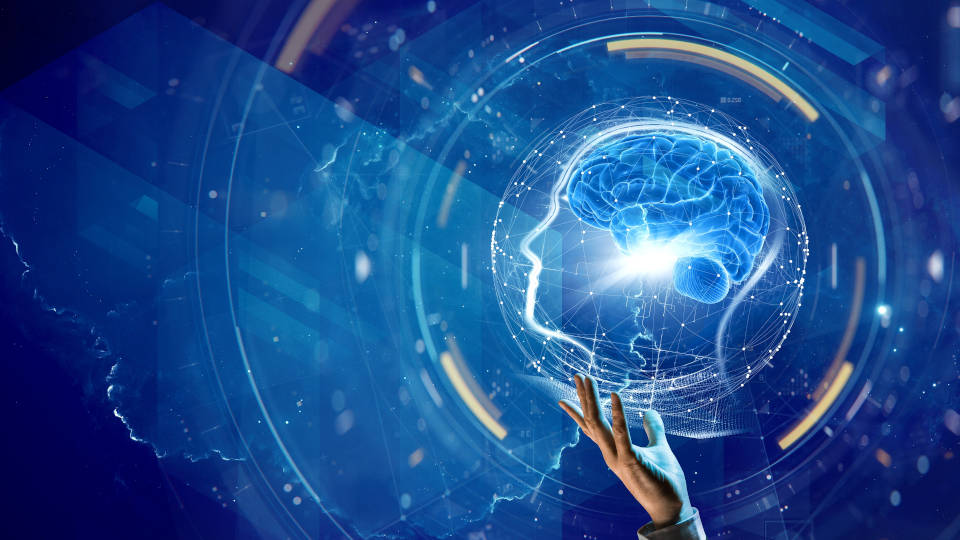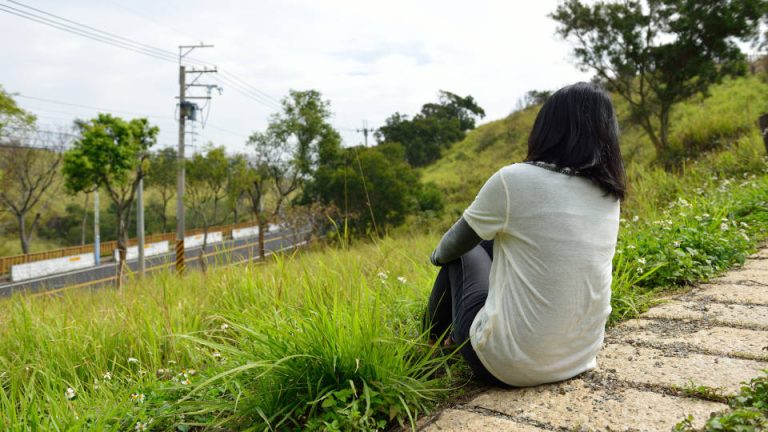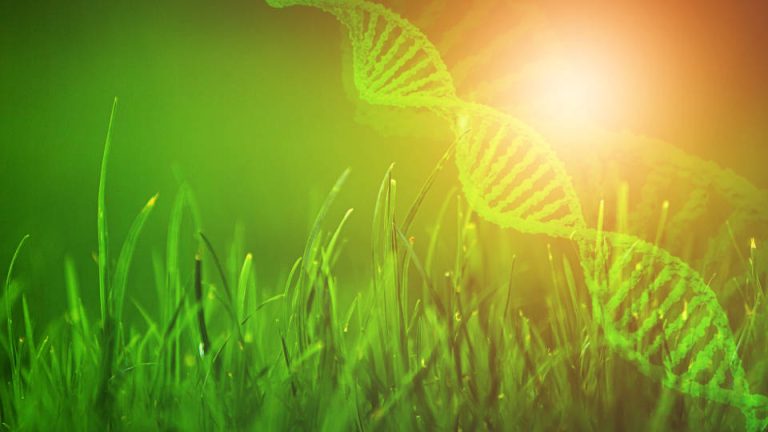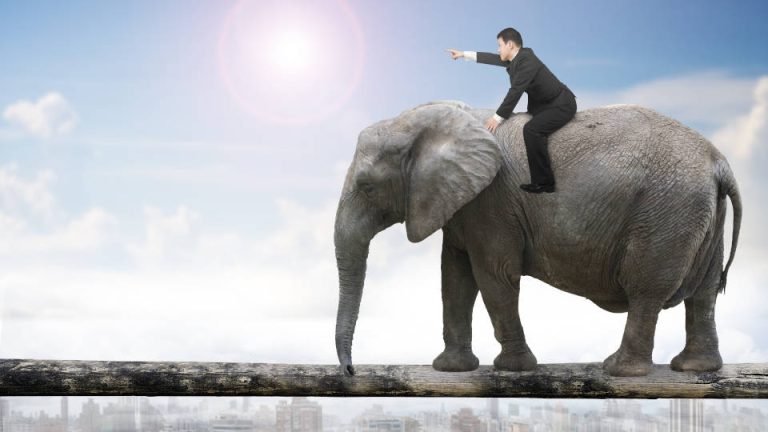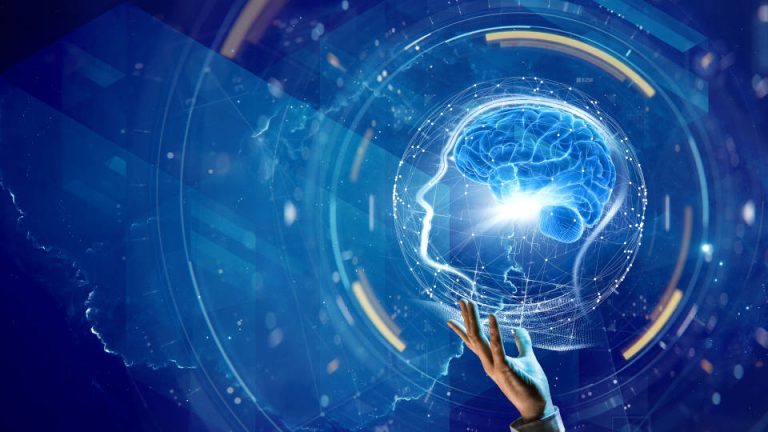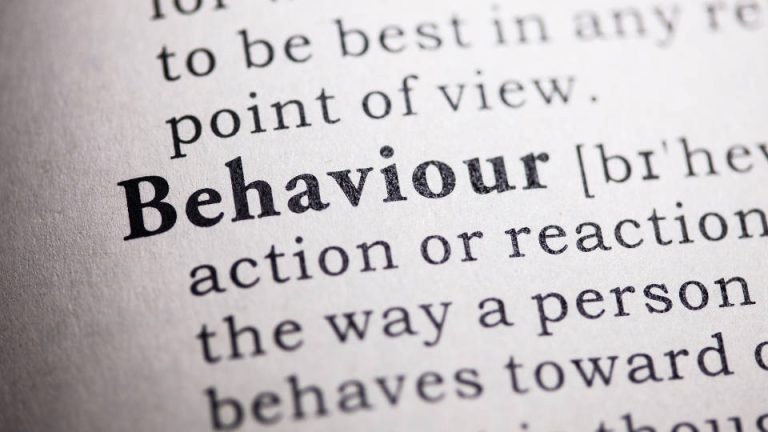The brain and humans live in the forces of individuality and togetherness
The human brain is constantly evolving and will continue to do so until the end of humanity. It lives in the balance of two forces: individuality and togetherness. Both these forces generate a sense of anxiety, and the brain tries to adapt. The intensity of anxiety varies amongst the people that shape the brain and its functioning, and also, the brain’s functioning can shape people’s behaviour.
For instance, as described by Dr Michale Kerr, individuality propels child and parent toward emotional autonomy in their relationship, and togetherness drives parent and child to remain as one. This is a continuum that the brain and humans operate on.
And the action of being “cruel” towards another human emerges somewhere between the continuum. Bowen’s theory describes a unique understanding of human emotional development. The fundamental idea is that a biologically anchored individuality and gradual differentiation of “self” counterbalances the biologically driven force of togetherness in parent-offspring relationships.
The emotional development of a child separating from a parent is crucial for the growth of the relationship and the child. It is the parents’ task to tone down anxiety-driven togetherness appropriately as the child matures. Failure to tone down such urges can undermine the child’s ability to separate from the parents emotionally, promoting excessive dependency of the child on the parent (or on later substitutes for the parents). This unresolved interdependency in the parental triangle with the child is not easily visible, even when the child develops symptoms during childhood or adolescence. Parental investment in a child is a good thing. However, if it is chronically laced with anxiety, in that case, it ratchets up the emotional programming of the child in areas such as needing attention, sensitivity to approval, sensitivity to expectation and high reactivity to upset in the parents.
With these sensitivities, one is likely to grow up with the belief that being mistreated and that the self is the centre of the universe. These are essential considerations for the brain’s development. And the more intense the programming, the more influence the bias and other subjective attitudes have on the individual’s reactions and decisions. It blunts the intellectual system associated with self-regulation. It is a double whammy: heightened emotional reactivity to the social environment and impaired self-regulating cognitive capacity. The combination makes it difficult to function calmly, except under ideal circumstances. At the extreme, it can be markedly impairing and ultimately express itself as a clinical symptom such as volatile relationships, severe acting out when the anxiety is externalized into the system, or a full range of clinical problems that result from the adverse effects of internalized chronic anxiety on body and mind. Being “cruel” falls into this subjective experience with a blunted intellectual system and lack of self-regulation. Hence, the more intense the emotional environment one develops, the more life energy consumed by complex relationship interactions and the less energy is available for goal-directed pursuits.
The tone of this blog is from the chapter Emotional Programming by Dr Michael Kerr from his book Bowen Theory’s Secrets.

